In Lithuania, local workshops were offered to youngsters at 5 different locations in the time period between October 2021 and March 2022. Involvement of associated partners in delivering local workshops has helped the project to reach youngsters in different parts of the country. The activities took place in smaller towns, where there is usually less non-formal learning possibilities than in major cities.

Robotikos mokykla provided the local partners with 3D printers for the testing period. Other necessary materials, such as plastic for printing, silicone and other items, were also supplied.
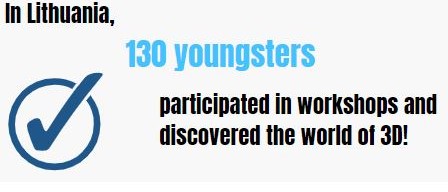
Most of the participants were 13-18 years old. The groups included some young people with fewer possibilities due to one or more of these exclusion factors: geographic obstacles, economic and/or social obstacles.
3D printing and silicone molding techniques were new to all the youngsters who participated in the workshops. They found the process easy and fun. Young people were very interested in 3D printing possibilities and how accessible it actually is.
Most of them tried modelling with TinkerCAD software for the first time and had no trouble navigating through it.
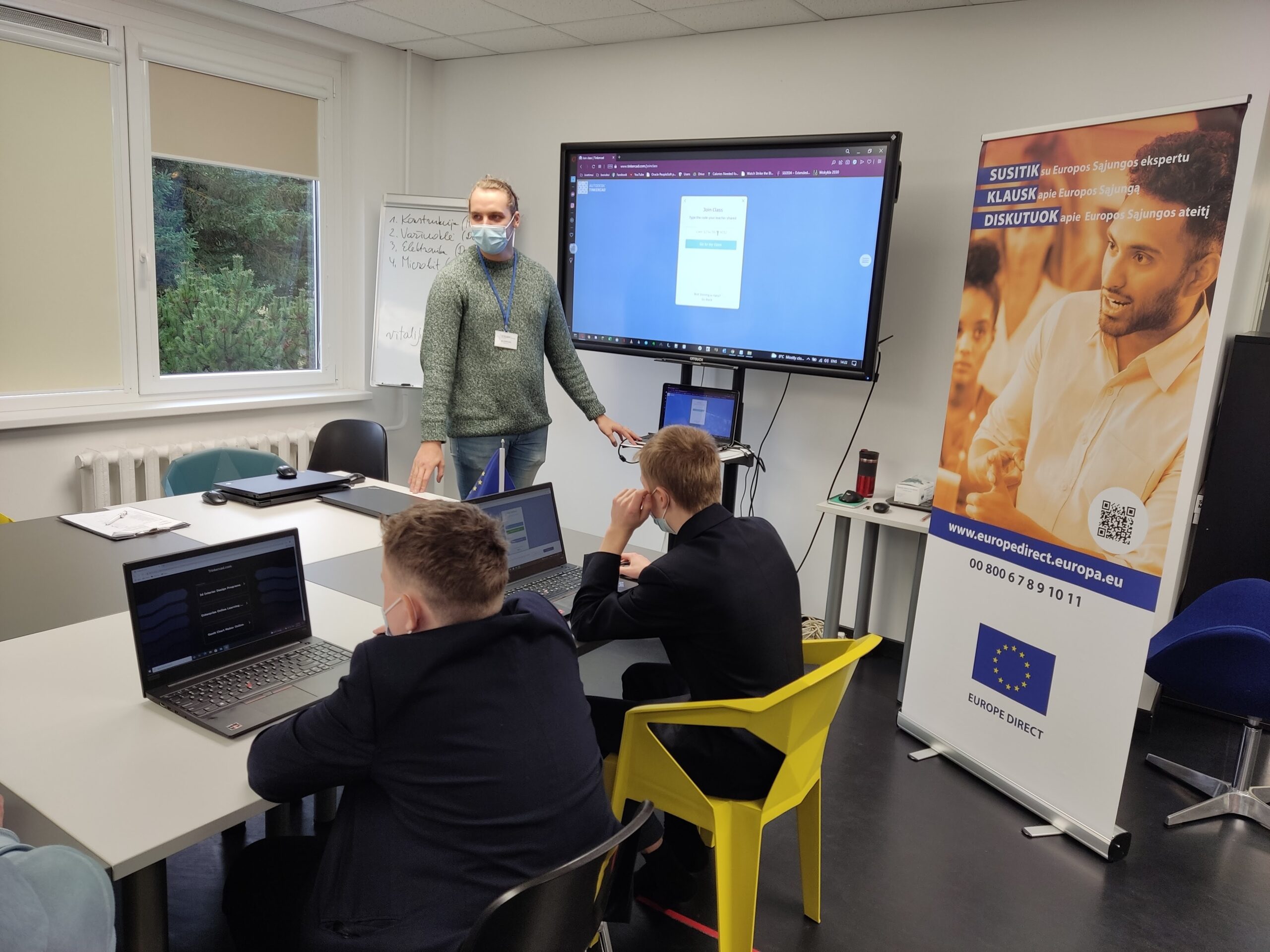
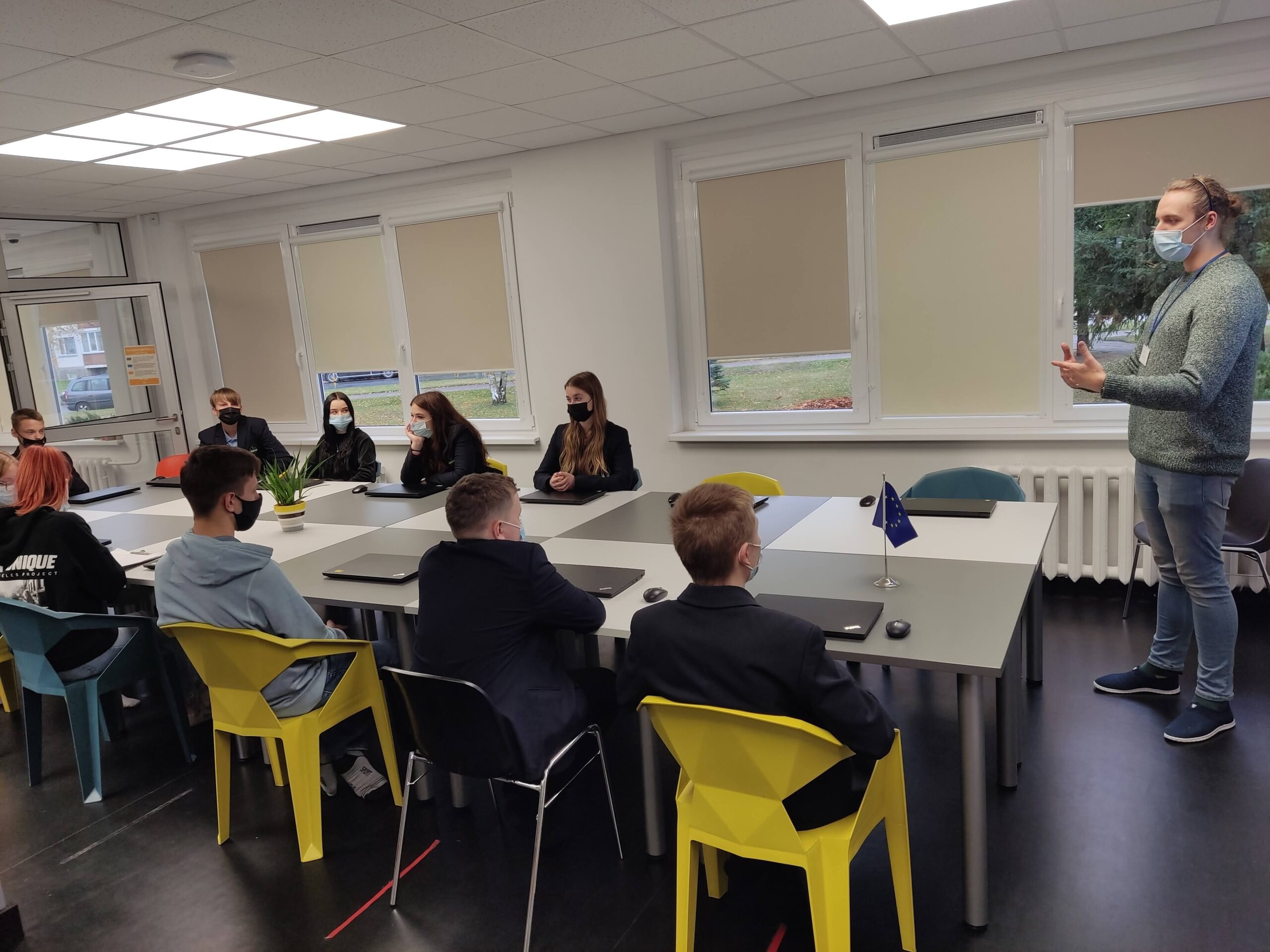
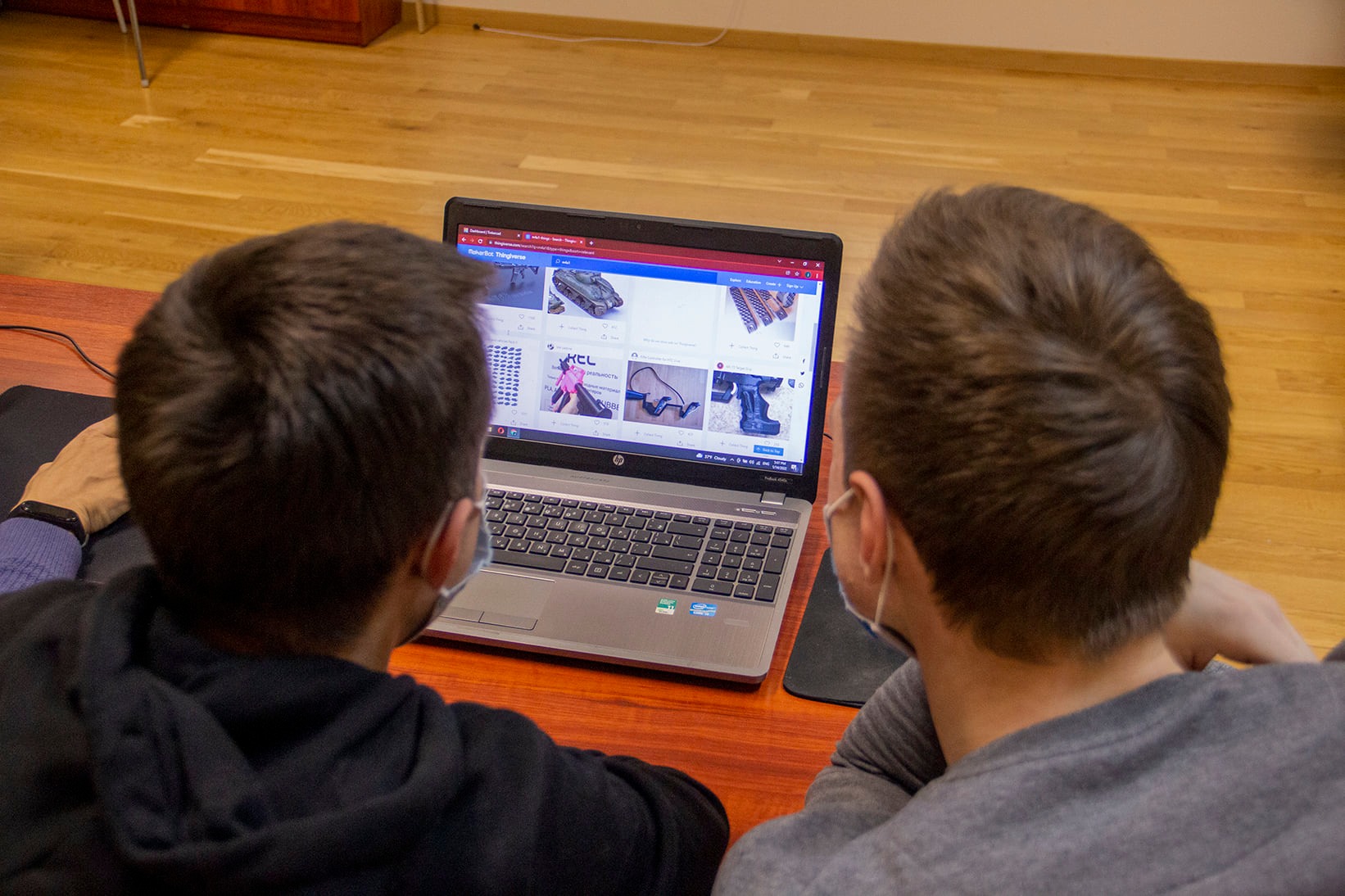
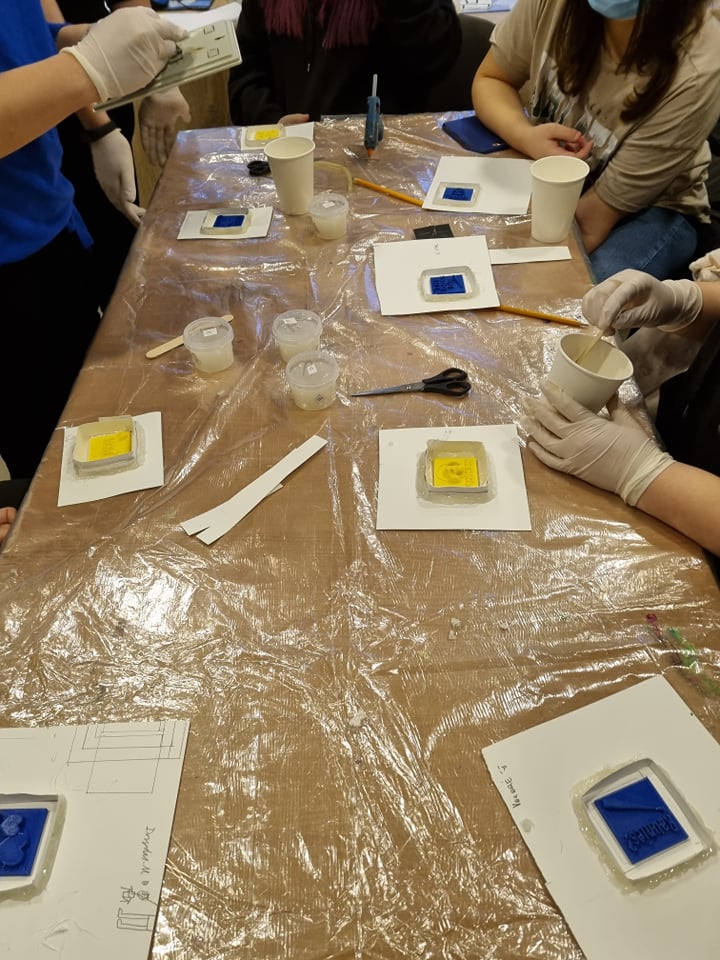
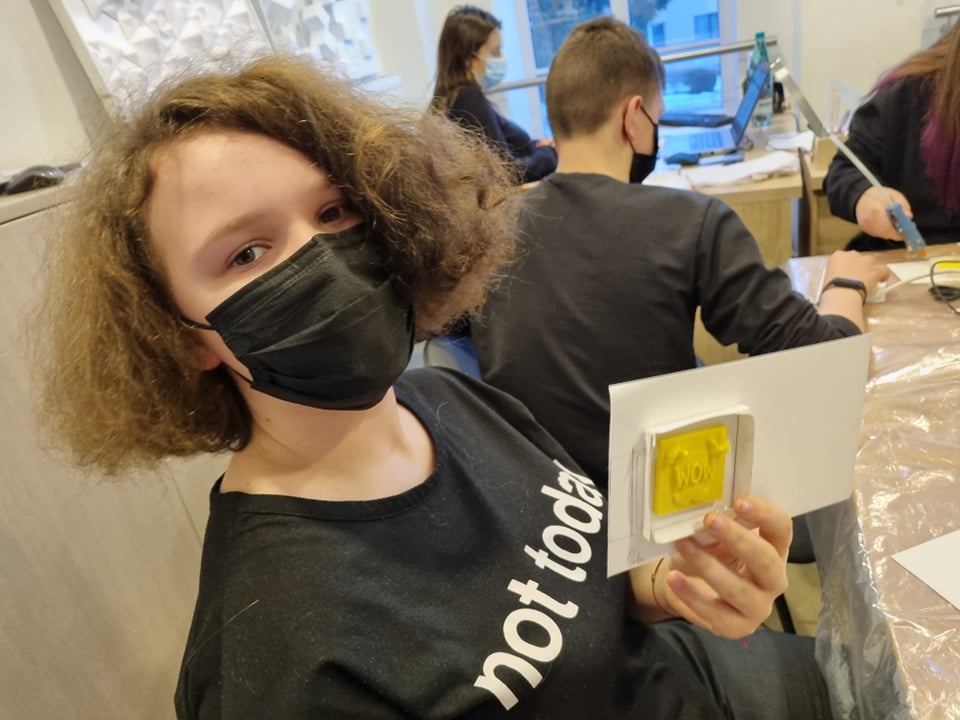
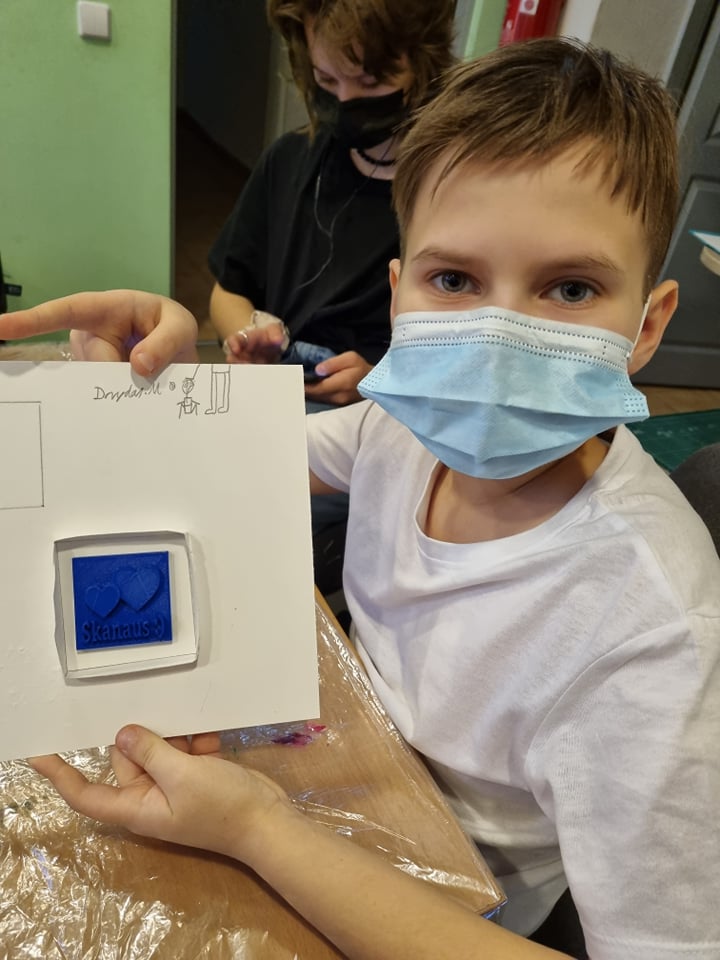
In one youth center youngsters printed out Dungeons and Dragons game figurines; they started to meet regularly at the youth center to play the game.
Youngsters also searched online databases for 3D designs made by others. Printed puzzles, food forms and parts of the game have a lasting value and will be used many times.
In another youth center youngsters designed and printed their unique keychains and necklaces with pendants.
Self-evaluation of 3D-related skills done before and after the workshops demonstrate that participants have improved their abilities significantly.
3D workshops also helped to improve the youngsters’ social skills in communicating with others.
Personal success stories included young girls who managed to overcome the attitude that IT is not for them.
They learned new things eagerly, created 3D designs themselves and monitored the 3D printing process.
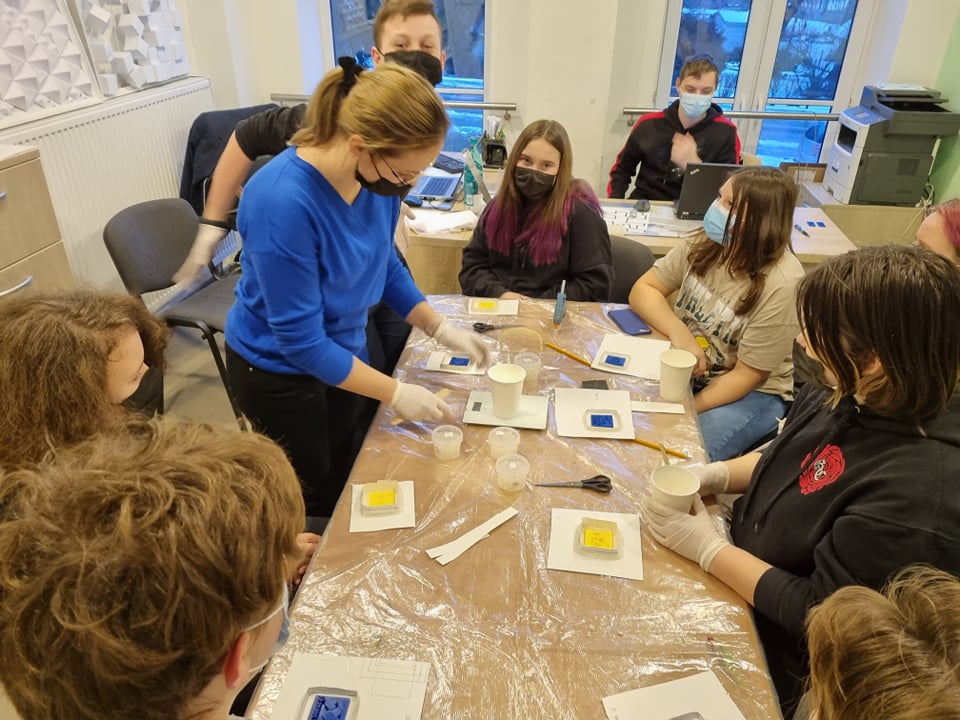
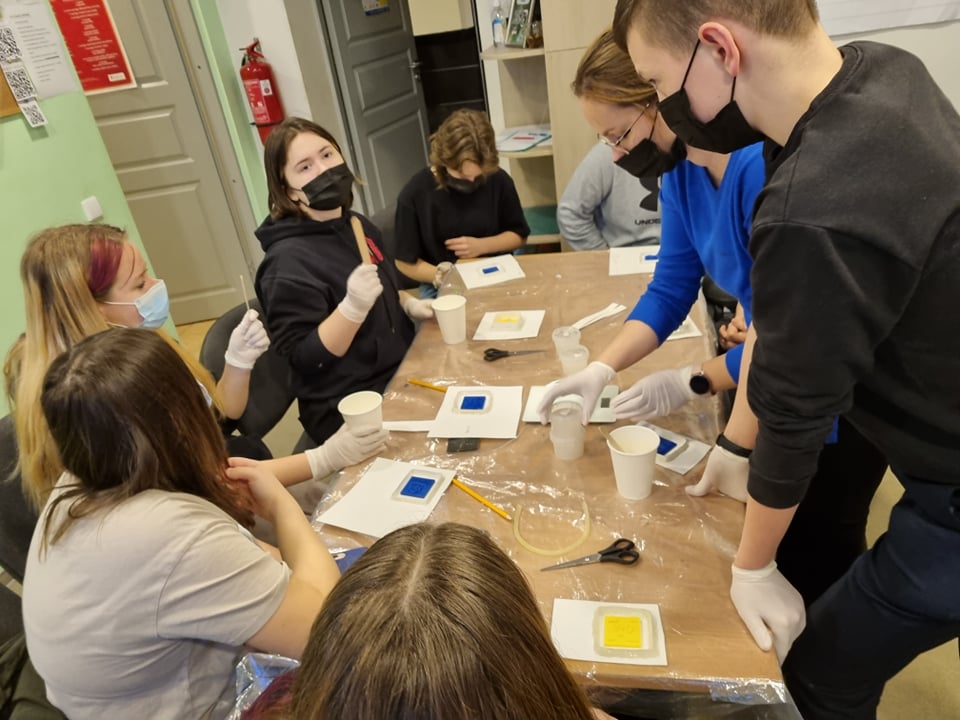
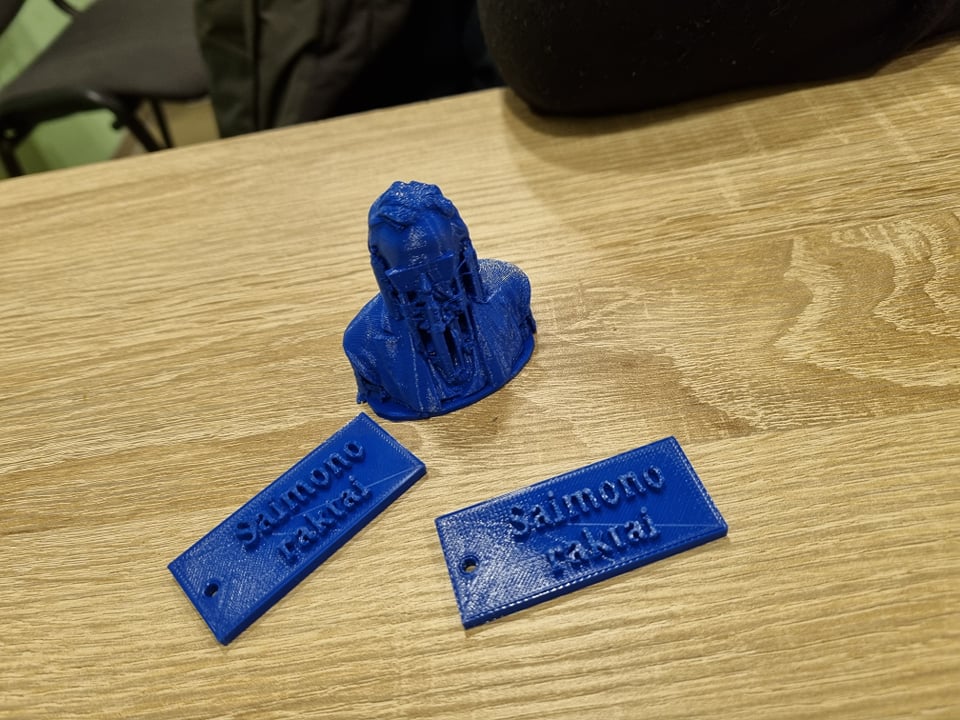
The majority of the facilitators had no prior knowledge of 3D modelling and printing before this project. According to the facilitators, workshops were rather easy to facilitate thanks to the concise learning materials and training.
In the survey carried out after the local workshops, all facilitators have indicated to have reached a high level of the ability to support young people in their working process.
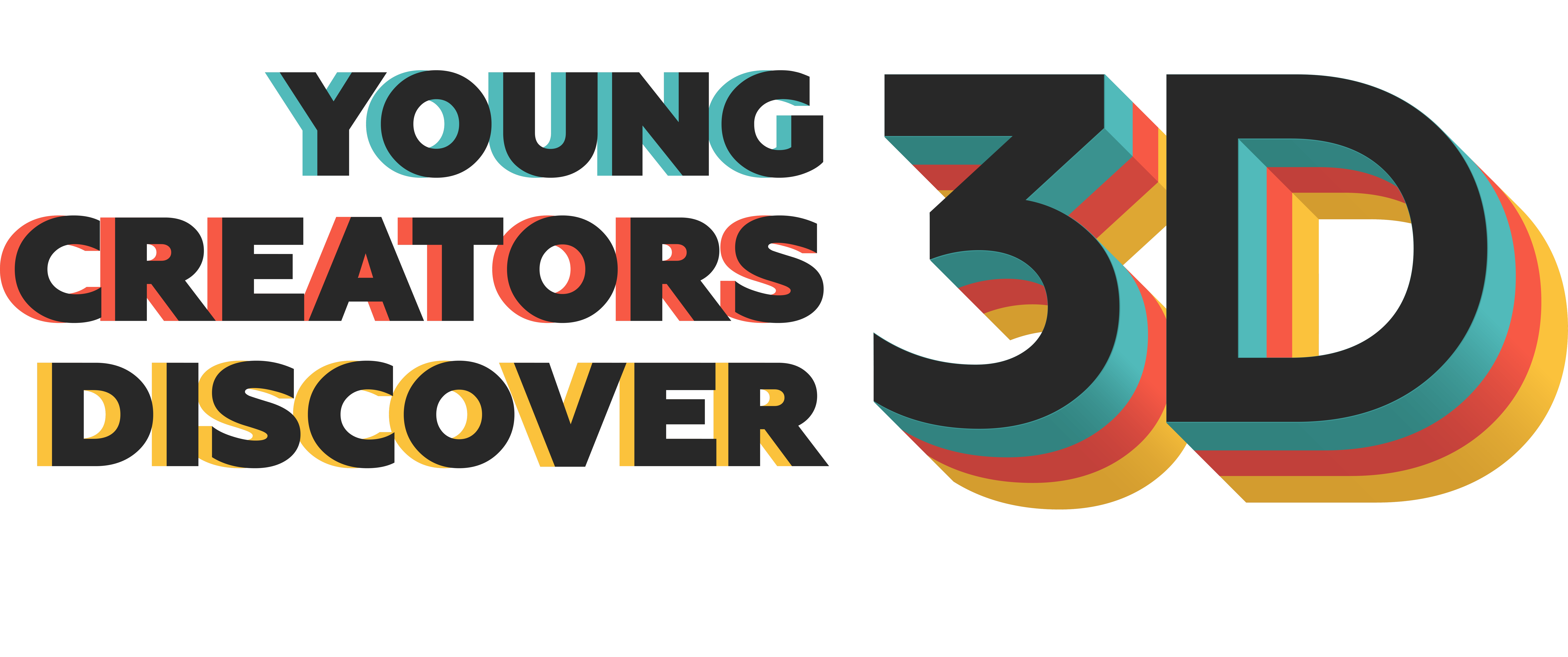
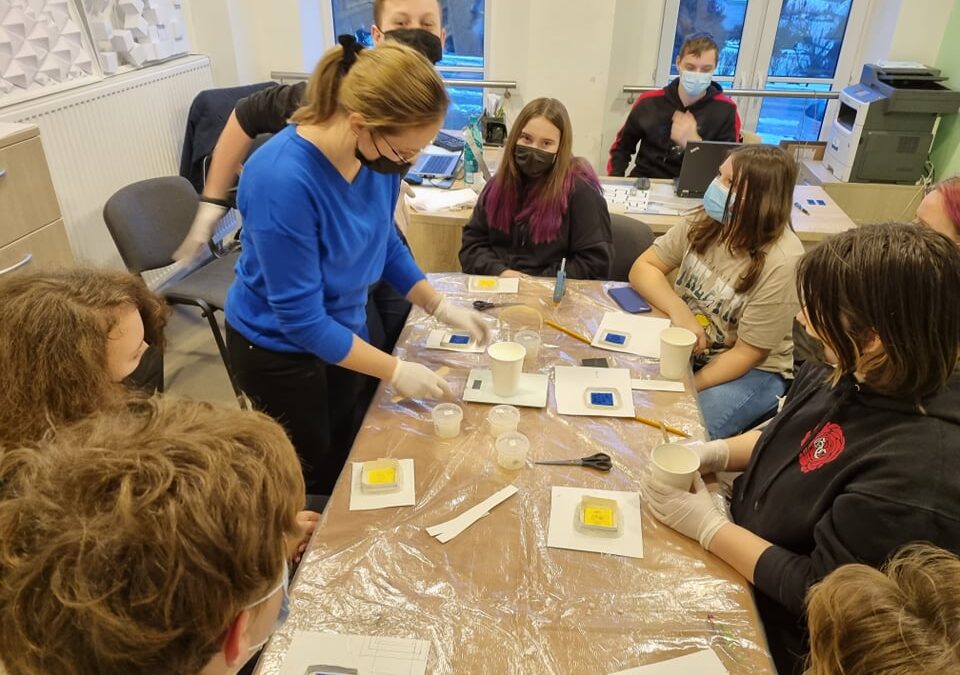
أحدث التعليقات